Information on Pleurisy
Pleurisy is a contagious inflammatory condition which affects the pleura. Pleura is the double layered covering which surrounds the lungs and it has a thin layer of fluid between its layers. The main purpose of this fluid is to reduce the friction and allow the lungs to contract and expand during the process of breathing.
When the inflammatory condition occurs, the layers get pressed against each other so the pressure and the friction get significantly increased. Pleurisy is usually only a complication of an underlying condition or some kind of infection. It used to be a fairly common medical condition, but since the introduction of antibiotics, its rates are decreased significantly.

Symptoms
Pleurisy is commonly characterized by painful sensations which occur while the sufferer breathes in or out. The pain is commonly stabbing and sharp and it can be easily aggravated by various motions and other factors. Shallow breaths usually relieve the painful sensation.
Pleurisy is usually characterized by certain other symptoms such as chills, fever, dry cough and shortness of breath. One should seek medical attention if there are symptoms such as a swollen leg, a swollen arm, serious breathing difficulties, cough accompanied by green or yellow phlegm, and a high temperature. Pleurisy may sometimes lead to complications such as pleural effusion.
Causes of Pleurisy
As is already explained, a thin layer of fluid between the layers of pleura lubricates it and reduces the friction which occurs when the lungs contract and expand due to the process of breathing. When the pleurisy occurs the painful sensations and discomfort do occur as well. Among the most common causes of pleurisy are various different types of infections. The most common infectious causes of pleurisy are pneumonia and influenza.
There are also various autoimmune conditions which can be held responsible for the occurrence of pleurisy. The most common ones associated with pleurisy include lupus and rheumatoid arthritis. Pleurisy may also be caused by rib fractures and bruises, or any other similar types of injuries. Several other, less common causes of pleurisy may include AIDS, HIV, radiotherapy, chemotherapy, sickle cell anemia, blood clotting in the lungs or mesothelioma. A doctor may diagnose pleurisy very easily by listening to the patient’s chest through a stethoscope. Some cases may also involve certain blood tests or chest x-rays.
Treatment






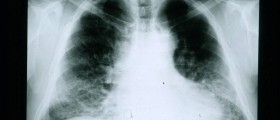

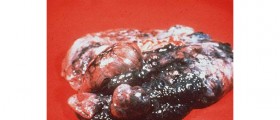
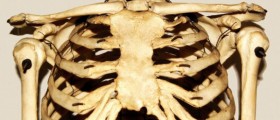
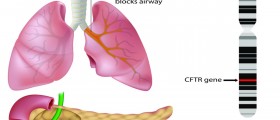

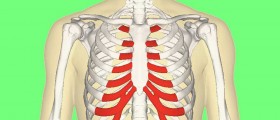


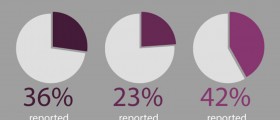

Your thoughts on this
Loading...